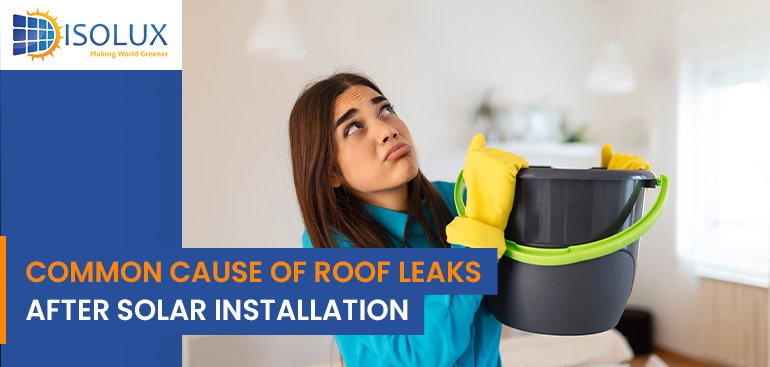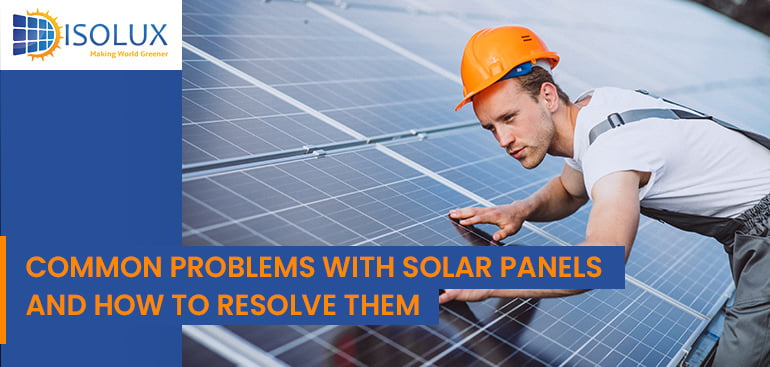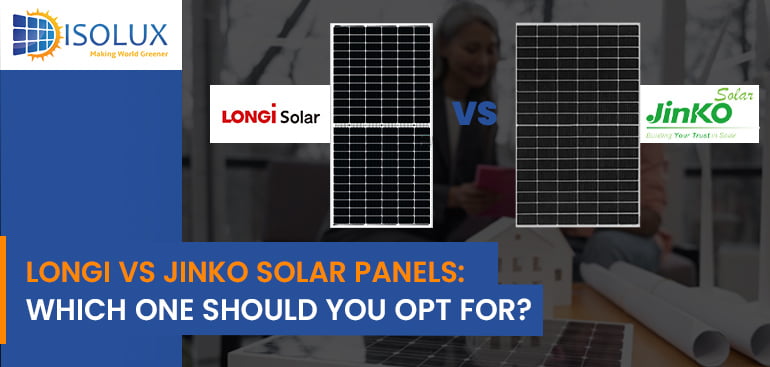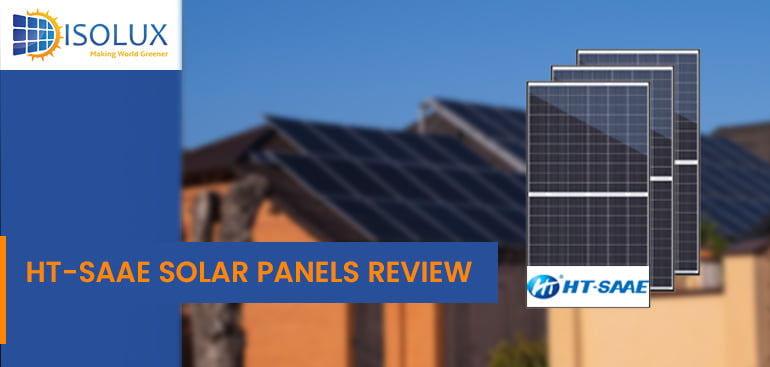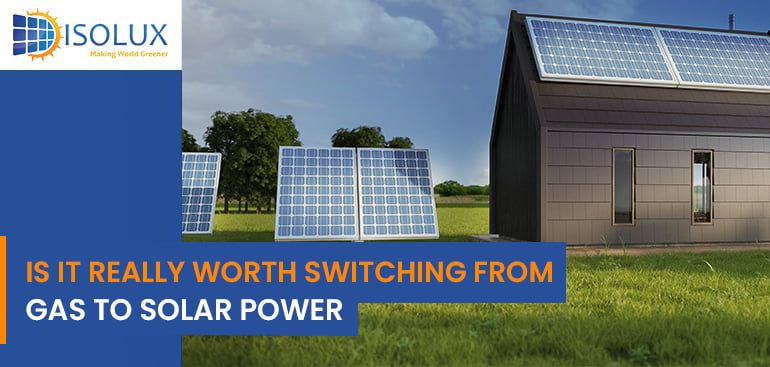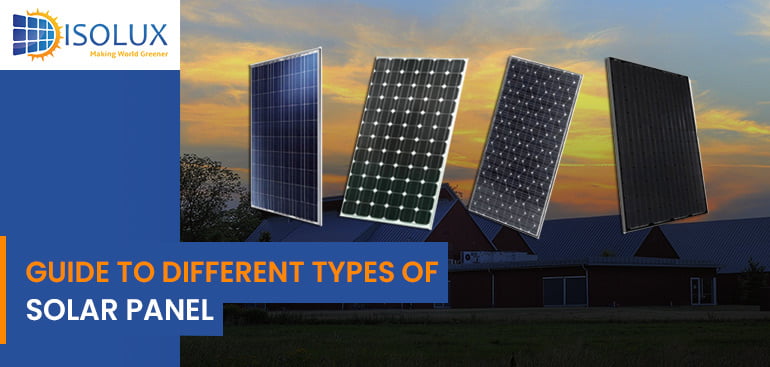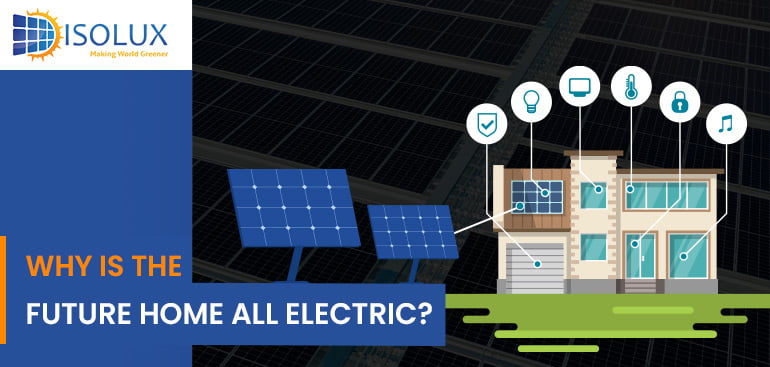Solar energy is quickly becoming a popular source of clean, renewable energy for homes across the world. With numerous benefits, it is no wonder why so many homeowners are choosing to invest in solar panels. In this article, we will take a closer look at 10 of the many benefits of solar panels for your home.
The use of solar panels has become increasingly popular as a means of reducing energy costs and helping to protect the environment. However, there have been concerns raised about whether solar panels can cause roof leaks. This article will examine the truth about this issue and provide information to help you make an informed decision about using solar panels on your roof.
Solar panels are a popular source of renewable energy, but like any technology, they can experience problems from time to time. In this article, we’ll take a look at some of the most common problems with Solar Panels that homeowners and businesses experience and provide practical solutions for each.
When it comes to homeowners in Australia who are interested in switching to solar, the most common debate is on Jinko vs Longi solar panels. Both of these are the preferred choices and the favourite solar panels for most homeowners.
HT-SAAE, also known as Shanghai Aerospace Automobile Electromechanical Co. Ltd., was established in 1960. Only a few people are aware that it is managed and owned by China Aerospace Science and Technology Corporation. In 1998, HT-SAAE began selling solar cells to the general public.
If you are a homeowner planning for solar panel installation in Sydney, this SunPower solar panels review article is for you. SunPower is a trusted brand in the solar panel market and has long topped the segment of premium solar panels. They have perfected the technique of producing solar panels, and as a result, SunPower solar panels maintain the distinction of manufacturing remarkable panels with a 22.6% efficiency rate, the highest in the home solar panel category.
Solar energy is a cost-effective and sustainable form of generating power. Installing solar panels at home with the assistance of the best solar company in Sydney can help reduce your reliance on fossil fuels while also saving you a lot of money. An analysis conducted by the New Climate Council has found that Australians can save anywhere from $500 to $1,900 per year by replacing gas with other clean and affordable energy alternatives. A lot of money can be saved by switching from gas to solar. All you need to do is to surf for a solar power installer near me to find an expert and make the switch.
Solar energy is a popular renewable energy source in Australia. Most of the solar panels available in the market are used for home solar panel systems. It is of mainly three types of solar panels: Monocrystalline, polycrystalline, and thin-film panels.
What about our homes as our economy evolves toward increasing usage of renewable energy? What options do we have to make our homes greener and less expensive to run?
Solar is an excellent starting point. A high-quality rooftop solar panel system offers the infrastructure for your home to function on clean, renewable energy. Of course, once you have solar, you want to make the most of it.
Before a new solar panel system can be installed, it must first be approved for connection to the electricity grid by the local network distributor. Generally, this happens without a hitch. But in some cases, solar panel system owners are sometimes told that their property is solar export limiting or zero export limited for solar.


